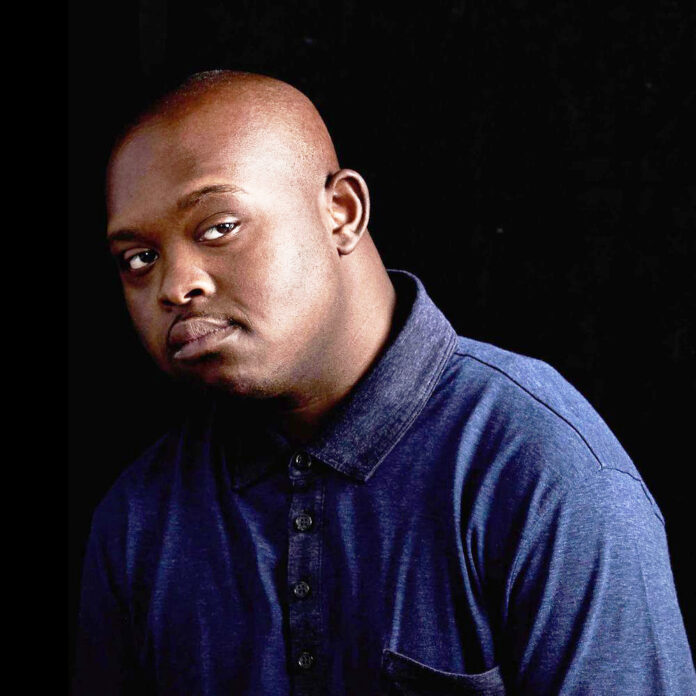From Fred Ezeh, Abuja
Nigeria on Monday joined the rest of the world to commemorate the 2022 World Down Syndrome Day, with the theme “Significance and what is the genetic condition”.
World Health Organisation (WHO), had declared that the 21st March of every year should be celebrated as World Down Syndrome Day, with the first celebration in 2012.
Though not much was done by the Federal Ministry of Health to commemorate the 2022 Down Syndrome Day, some individuals and non-profit organisations handling issues that relate to down syndrome used different platforms to raise awareness about the disorder.
According to the United Nations (UN), down syndrome occurs when an individual has an extra partial or whole copy of chromosome 21, even though it’s not yet known why the syndrome occurs, Down syndrome has always been a part of the human condition.
Down syndrome is identified with some common physical features which include a flattened face, especially the bridge of the nose, almond-shaped eyes that slant up, a short neck, small ears, a tongue that tends to stick out of the mouth, tiny white spots on the iris of the eye, small hands and feet, among several others, and thousands of babies die of the disease, annually.
Meanwhile, the Federal Government and donor agencies have frowned at growing stigmatisation against children with down syndrome cases.
The government observed that parents of these children, and in some cases communities are often ashamed of people with down syndrome, hence they restrict their movement to an enclosed location, thereby, denying them contact with the community.
National Coordinator, National Tuberculosis, Leprosy Control Programme, Dr Chukwuma Anyaike, said the Federal Government is working with some donor agencies to upscale the response against the disorder.
‘However, we are not only working on the down syndrome issue alone, but we are also combining it with the response on children with other deformities who need attention too. Though tremendous progress is being made with the help of donor agencies, more is needed,’ Dr Anyaike said.
He stressed the challenges of funding which he said, has limited the effort of government and relevant agencies to respond to the issue of down syndrome and other issues of deformities in children.
SUNNEWSONLINE


